
A number of prominent Catholic voices have rejected a claim by President Michael D. Higgins that denominational education abandons children “to parcels of hate and memory”.
Mr Higgins’ claim that schools in the region are segregated has also been rebuked as an attempt to offer a “superficial analysis” on the debate on education.
Speaking on The Late Late Show on Friday, President Higgins said that faith-based schools in the North can no longer be justified.
Speaking to The Irish Catholic, Baroness Nuala O’Loan said she didn’t accept the president’s analysis. “I don’t know of any Catholic – or indeed any Protestant – who has ever told me that they were taught to hate the other people – the other side if you like – in school,” she said.
She described it as a “surprisingly political statement for a president to make”.
She said the comments were not respectful “of the rights of the people of Northern Ireland to make their own decisions about the type of education they wish to provide for the children of Northern Ireland”.
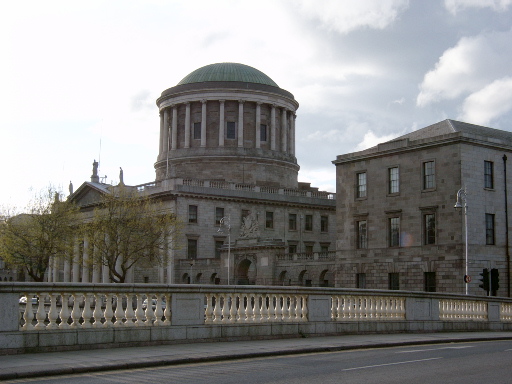
The Minister for Education is appealing a ruling in favour of the constitutional rights of home-schooled students who were excluded from the Leaving Cert calculated grades process.
A panel of three Supreme Court judges will decide later whether the grounds of appeal merit being hear by the Court.
The case concerns a Court of Appeal (COA) judgment last month dismissing the Minister’s appeals over High Court findings in separate cases by two students.
The COA found it was “unreasonable and disproportionate”, and an unlawful breach of the students’ constitutional rights to exclude them entirely from the calculated grades scheme.
The Minister, however, has argued the COA had identified a “new constitutional right” of a home-schooled child to have reasonable account taken of their situation when education policies are being formulated and implemented and not to be excluded from the Leaving Cert.
This is the first time such rights and duties have been identified, and no such right is specified in the Article 42.2 which merely references parents’ rights, the Minister contends.

Persecution of faith groups has drastically increased in more than 95 percent of the world’s worst-offending countries, according to the latest Religious Freedom in the World report.
The report, by international Catholic charity Aid to the Church in Need, shows how the latest technologies are being used to crush religious freedom.
Over the past two years, oppression against vulnerable faith communities has increased in all but one of the 26 countries listed in the survey’s worst or “red” category.
The report, which covers all 196 countries worldwide, traces the rise of transnational Islamist networks, including an online “cyber-caliphate” which is expanding globally is now a tool of online recruitment and radicalisation.
It goes on to describe how Islamist terrorists employ sophisticated digital technologies to recruit, radicalise and attack.
The report also describes how digital technology, cyber networks, surveillance including artificial intelligence and facial recognition technology has increased persecution.
The Chinese Communist Party is keeping religious groups in line with the help of 626 million AI-enhanced surveillance cameras and smartphone scanners.
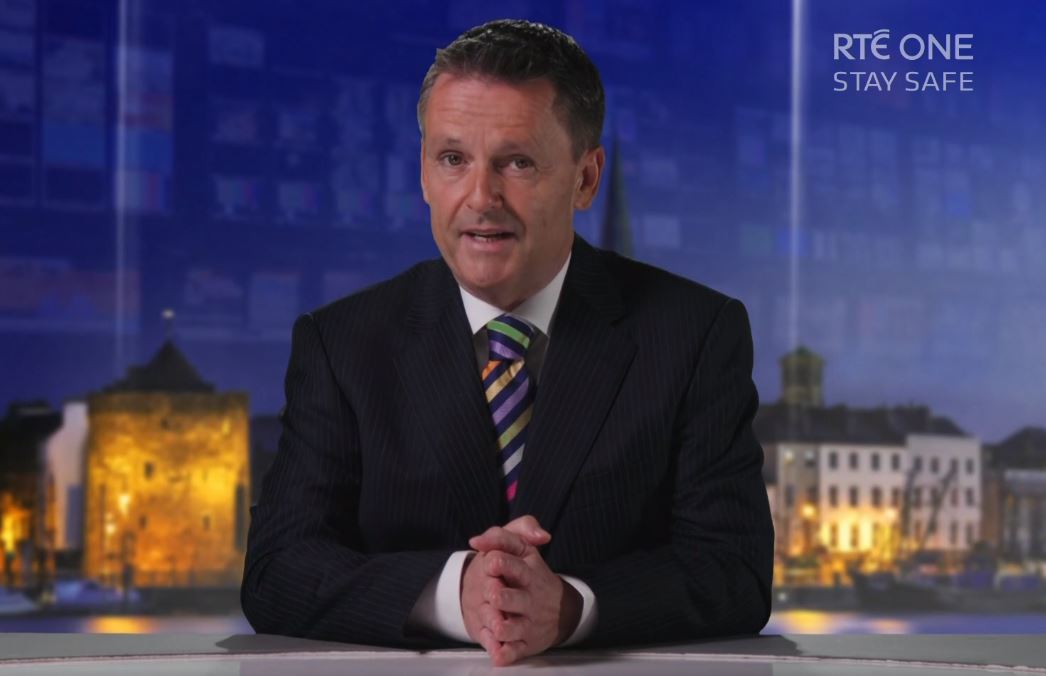
The Broadcasting Authority of Ireland have upheld a complaint against RTE and ruled that its New Year’s Eve show “effectively accused God of sexual violence and sexual crimes”, according to Gript.ie.
The Times, Ireland, reported that the ruling was considered a “serious rebuke” of RTE.
The BAI has directed RTE to broadcast its decision to viewers and that is expected to be aired on Saturday before the 9 o’clock news.
The BAI’s Compliance Committee maintained that the Waterford Whispers sketch, in which God was accused of having raped a Middle Eastern woman, did not comply with the provisions of Principle 5 of the Code of Programme Standards that allow for “critical scrutiny of religion, while also requiring broadcasters to show due respect for religious views, images, practices and beliefs in programme content.”
Mr. Ciarán Ó’Comain brought the complaint to the BAI saying the sketch was “highly offensive” and “predictably so.”
He also said that RTÉ’s apology following the broadcast was “ham-fisted and very qualified”, leaving the sketch on it’s “Player” and only removing it after receiving “thousands of complaints.”

Large numbers of evangelical churches in Ireland have called for the immediate ending of the blanket ban and criminalisation of public worship.
Christian Voice Ireland, a group of over 80 Christian Churches and ministries, released a statement Tuesday that said, given the essential nature and work of the church, they “cannot in good conscience continue under these restrictions”.
Should they not be lifted, they called on churches, if their circumstances permit, “to gather for the public worship of the Lord Jesus Christ—safely and with all appropriate Covid precautions in place”.
The pastor of one church, John Ahern, told Premier Radio on Monday that he would organise an outdoor worship event at the Phoenix Park this coming Sunday morning, even at the risk of arrest and imprisonment.
Meanwhile, the Church leaders of The Dublin Gospel Partnership released a statement on Tuesday saying the criminalising of gathered church worship is disproportionate and exceeds the limits of government authority.
They added that Christian worship is intrinsically corporate – an act of the gathered Church – and some aspects of it, such as baptism and communion, simply cannot be replicated online.
Therefore, they conclude, “to criminalise gathered worship is effectively to criminalise the practise of the Christian religion”.
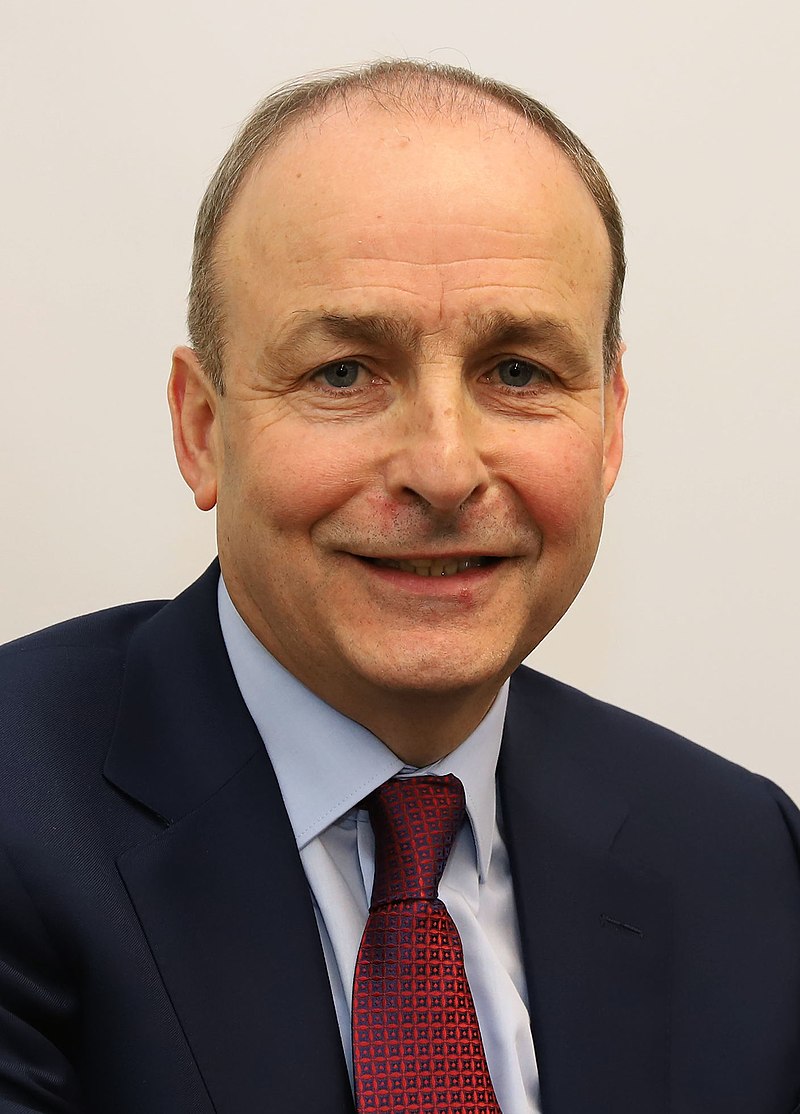
The Taoiseach has said that the easing of Covid restrictions in May might include a lifting of the blanket ban on public worship, one of only two in Europe.
This reiterates the Government’s plan announced on March 30th.
The Taoiseach made his remarks to media after a cabinet meeting yesterday, to the Dáil, and in a letter to church leaders. The Government’s decision will however be subject to the advice of NPHET.
While giving no date for the move, Micheal Martin said a more detailed plan would be published next week.
In a statement last Sunday, Catholic Archbishop of Armagh, Eamon Martin said he considered a recent statutory instrument confirming religious gatherings are a criminal offence to be “formally enacting a potential infringement of religious freedom and of constitutional rights”, and he called for its “suspension”.
In a meeting with the Health Minister Monday, he called for the pastoral work of priests and religious ministers to be deemed essential.

The threat to religious freedom remains strong worldwide, according to the United States Commission on International Religious Freedom (USCIRF) in its annual report published this week.
The report identifies 14 countries of particular concern for their “systematic, ongoing, and egregious” violations of religious freedom, and recommends another 12 as needing special monitoring for their severe violations.
Many countries used the pretext of the COVID-19 pandemic to aggravate religious discrimination. USCIRF noted that China, Nigeria, and India were some of the worst violators of religious freedom.
In recent years, USCIRF has strongly criticized the Chinese government’s atrocities committed against Uyghur Muslims in Xinjiang province. In retaliation, China earlier this year sanctioned Gayle Manchin and Tony Perkins, the current Chair and Vice-Chair of USCIRF.
Kelsey Zorzi, Director of Advocacy for Global Religious Freedom for ADF International said the USCIRF’s Annual Report continues to shed light on “the worst abusers against people of faith and even no faith, and stands as a key resource for advocates and governments”.
“We welcome the new report and hope the United States Government will heed the voices of the persecuted in developing its foreign policy priorities,” she said.
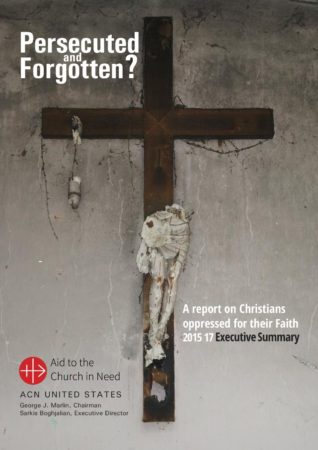
Five priests, two nuns and three laypeople were abducted together last week on their way to a parish near the capital of Port-au-Prince in Haiti.
“This new case is a reflection of the collapse of the security apparatus of the state and the country. No one seems to be safe anymore,” Redemptorist Fr. Renold Antoine told Fides, the news agency of the Congregation for the Evangelization of Peoples.
Bishop Pierre-André Dumas of Anse-à-Veau et Miragoâne, vice president of the bishops’ conference, told AFP, “This is too much. The time has come for these inhuman acts to stop.”
“The church prays and stands in solidarity with all the victims of this heinous act,” he said.

The Biden administration is suing to reinstate an Obama-era mandate that doctors and hospitals provide gender-transition surgeries, regardless of their conscientious beliefs.
The mandate has been subject to injunctions since 2016 and remains ‘in limbo’ until the courts make a definitive ruling.
On Tuesday, the legal group Becket – which represents Catholic doctors and hospitals in their case against the “transgender mandate” – reported that the administration had filed an appeal to keep the mandate in place.
“The Biden Admin says it can punish doctors and hospitals for ‘sex discrimination’ unless they perform controversial gender-transition procedures,” Luke Goodrich tweeted on Tuesday.
“This is bad for patients, doctors, and religious liberty,” he added.
Goodrich said he looks forward to another ruling “that protects patients, aligns with current medical research, and ensures doctors aren’t forced to violate their religious beliefs and professional medical judgment.”
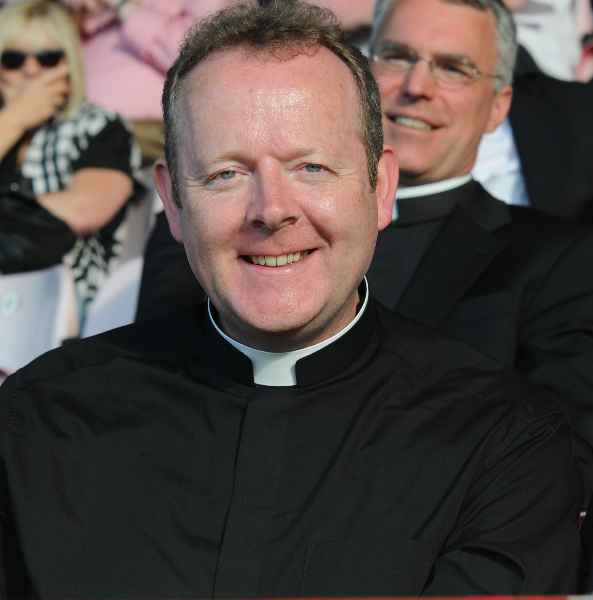
The Catholic Archbishop of Armagh has called for the work of religious ministers to be deemed essential.
Archbishop Eamon Martin made his remarks in a meeting with Minister for Health Stephen Donnelly on Monday where he also expressed concern about the “criminalising” of public worship.
In a statement issued after the meeting on Monday, the Catholic Communications Office said the Archbishop emphasised that “the vital pastoral work of priests and other ministers on the ground should also be respected and deemed essential, rather than subject to penal sanction”.
“Ministers of religion are often on the front line supporting the sick, the bereaved, the isolated and those who are struggling to cope. Pastoral ministry and spiritual support, which are so important for people during the time of pandemic, ought not to be confined to a small number of legally acceptable and ‘regulated activities’”.
The statement added that the Minister said that religious worship and spiritual well-being were taken very seriously by government “and consideration would be given to early re-opening of public worship in accordance with public health advice in the coming weeks”.